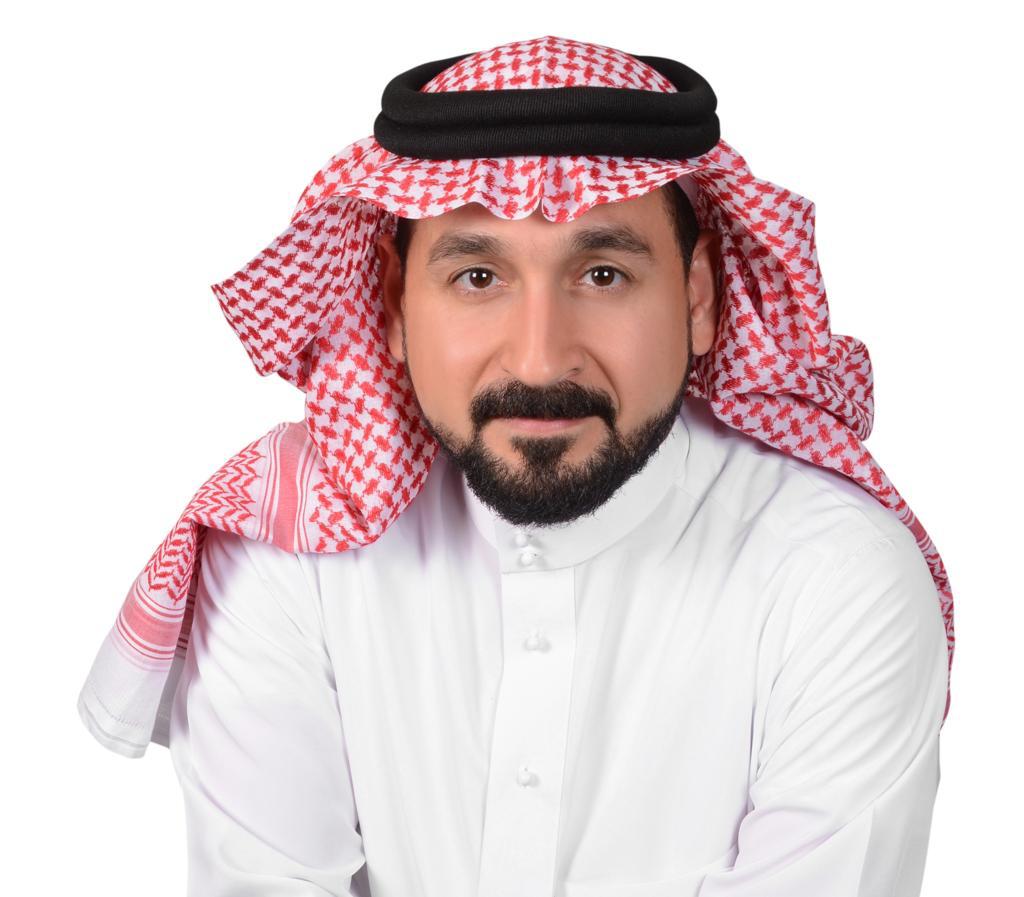Most Read
The Distinct Roles of Venture Capital and Private Equity
الخميس - 22 أغسطس 2024
Thu - 22 Aug 2024
Dear reader, in recent years, Saudi Arabia has made significant strides in diversifying its economy beyond oil, with a strong focus on fostering innovation, entrepreneurship, and technology.
This has led to the rise of numerous investment entities, including venture capital (VC) firms and private equity (PE) funds.
Understanding the distinction between VC and PE is crucial for investors and entrepreneurs, as each type of investment has different implications for growth, risk, and returns. Today, we will explore some of the investment landscape in Saudi Arabia, focusing on the characteristics, strategies, and impacts of these investment forms.
Before delving into the specifics of Saudi Arabia's investment ecosystem, it is essential to define VC and PE.
VC involves investing in early-stage companies with high growth potential. These companies are often startups that lack access to traditional financing due to their early stage and high risk.
VC firms provide capital, strategic guidance, industry connections, and operational support. The primary goal is to nurture these startups until they reach a point where they can be sold or go public, yielding significant returns for the investors.
On the other hand, PE involves investing in more mature companies that are usually not publicly traded.
These investments are typically more significant than VC ones and often involve buyouts, where the PE firm acquires a controlling interest in the company.
The objective is to restructure, improve operational efficiency, and grow the business, eventually selling it at a profit. PE firms might also invest in distressed companies, turning them around for future gains.
Saudi Arabia's investment landscape has been evolving rapidly, driven by the government's Vision 2030 initiative, which aims to diversify the economy and reduce dependence on oil revenues.
This vision has spurred the development of various investment vehicles, including both VC and PE. However, determining whether most of these investments align more closely with VCor PE requires a closer examination of the characteristics and strategies employed by Saudi investors.
Saudi Arabia has experienced significant growth in its startup ecosystem, particularly in the technology, .healthcare, and renewable energy sectors
Organizations such as the Saudi Venture Capital Company (SVC) and other funds have been at the forefront, providing early-stage funding to startups. These investments are characterized by high risk and high reward.
Investing in early-stage companies involves significant risk due to their unproven business models; however, the potential for high returns is compelling. In addition to funding, VC firms offer mentorship, industry expertise, and networking opportunities, which are essential for startups to navigate early challenges. VC investments are often directed towards innovative solutions and disruptive technologies that have the potential to transform industries.
One noteworthy example is the investment in Careem, a ride-hailing company that became a regional competitor to Uber. Early investments from Saudi VC firms played a crucial role in Careem's growth, leading to its acquisition by Uber for $3.1 billion. This prominent exit illustrates VC's potential returns and strategic impact in Saudi Arabia.
In Saudi Arabia, PE typically focuses on well-established businesses, especially those undergoing restructuring or looking to expand. One key characteristic to note is that PE investments are generally considered lower risk than VC investments, as they involve more mature companies with established revenue streams. PE firms often bring expertise to improve operational efficiencies, implement strategic changes, and drive growth. PE firms can influence company decisions to maximize returns by acquiring a significant or controlling stake.
An example of PE activity is the Public Investment Fund (PIF), which acquires stakes in global companies such as Lucid Motors and others across different sectors. These investments typically aim to leverage the companies' expertise and technologies to support Saudi Arabia's broader economic goals.
VC usually has a shorter to medium-term investment horizon of around 5-7 years, focusing on growth and eventual exit through IPOs or acquisitions. On the other hand, PE typically involves a medium to long-term investment horizon, often 7-10 years, emphasizing restructuring, operational improvement, and eventual sale.
VC fosters innovation by funding pioneering startups, resulting in job creation and growth across various sectors of the economy.
Conversely, physical education enhances the effectiveness and competitiveness of established businesses, potentially leading to industry consolidation and economic stability.
The investment landscape in Saudi Arabia exhibits characteristics of both VC and PE.
However, the distinction between the two is increasingly blurred, as some investment entities engage in activities that span both domains.
Ultimately, the Saudi Arabian investment ecosystem is unique in its blend of VC PE characteristics, reflecting the nation's dynamic economic diversification and growth approach. Investors and entrepreneurs can find ample opportunities supported by a robust framework that encourages innovation and strategic development.
Related Articles

Dao Le Arrives as the New U.S. Consul General in JeddahDao Le Arrives as the New U.S. Consul General in Jeddah

ARABIAN MILLS ANNOUNCES ITS INTENTION TO FLOAT ON THE MAIN MARKET OF THE SAUDI EXCHANGEARABIAN MILLS ANNOUNCES ITS INTENTION TO FLOAT ON THE MAIN MARKET OF THE SAUDI EXCHANGE

Pivotal moments in the Ukraine warPivotal moments in the Ukraine war

The Story of the First Pharmacy in Saudi ArabiaThe Story of the First Pharmacy in Saudi Arabia





